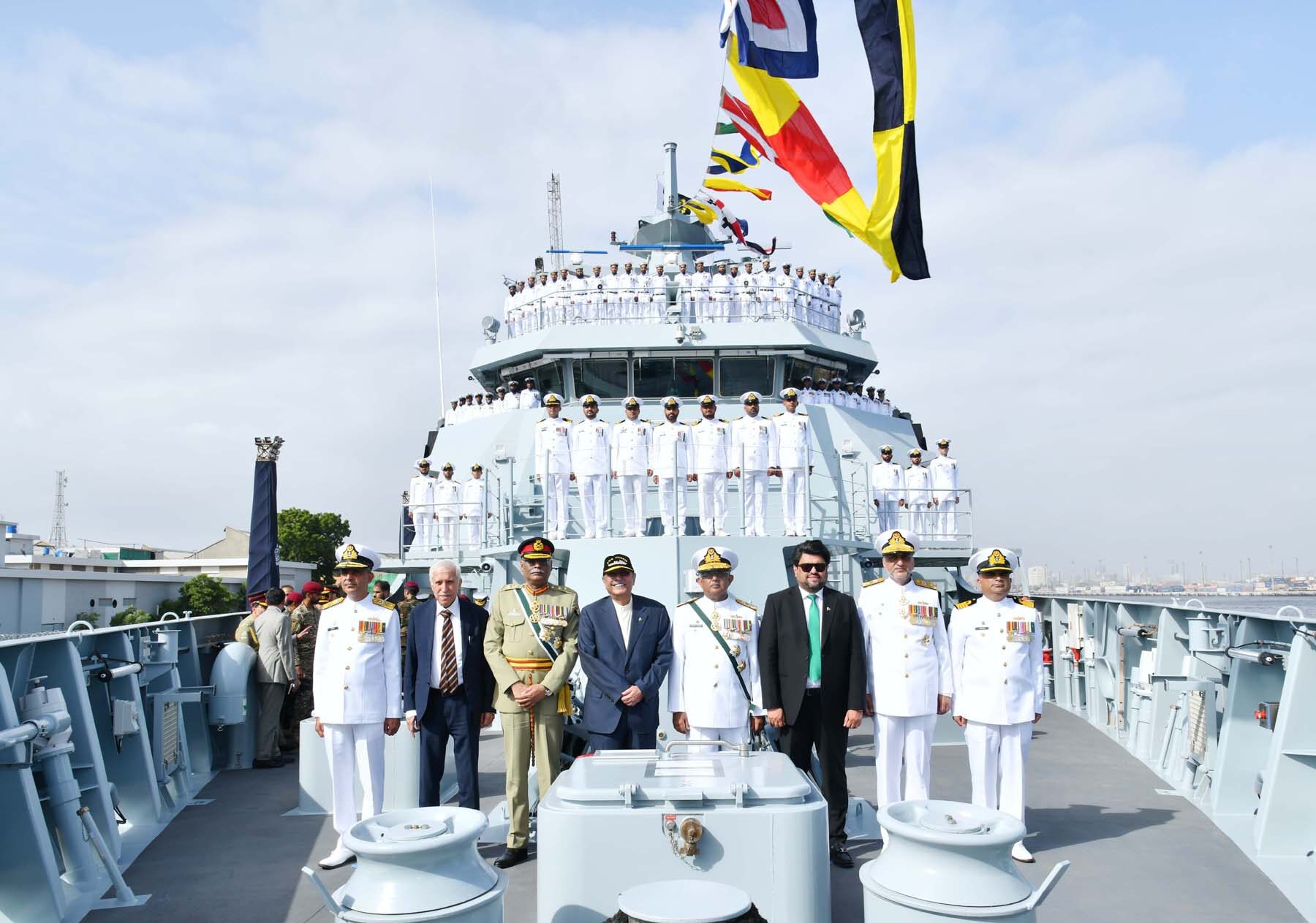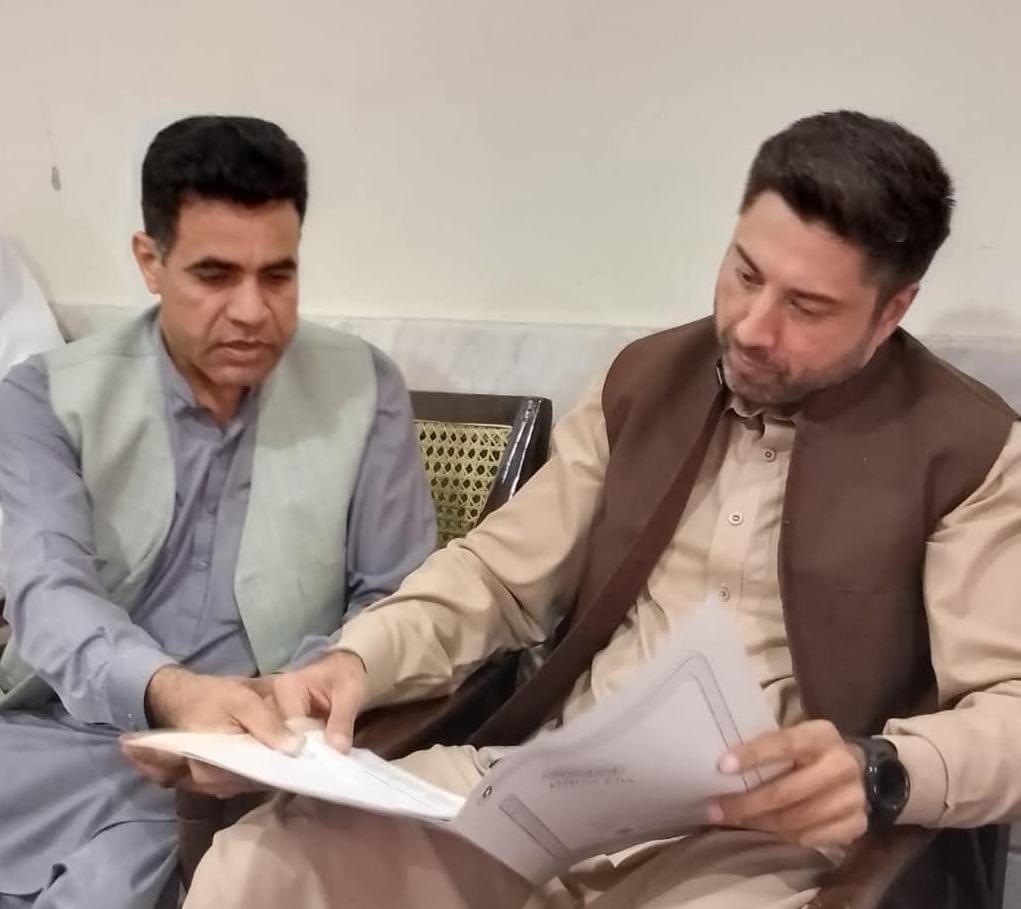PAKISTAN FINDS ITS VOICE FOR A PEACEFUL FUTURE
Dr. Muhammad Shahzad Ashfaq
Post-Doctorate (Peace Education)
International Islamic University Islamabad
Pakistan, a country with a turbulent past marked by political instability and regional conflicts, is now striving to establish itself a stability in the region. Over the years, Pakistan has made significant strides towards promoting peace both domestically and internationally. Through various diplomatic efforts, peace initiatives, and constructive engagements with neighboring countries, Pakistan is finding its voice for a peaceful future. The recent developments in Pakistan’s quest for peace and the impact it has had on shaping the country’s future trajectory.
One of the key factors driving Pakistan’s pursuit of peace is its commitment to resolving longstanding conflicts within the region, particularly the Kashmir issue with India. The Kashmir conflict, which has been a source of tension between the two nuclear-armed neighbors for decades, has often overshadowed efforts to build peaceful relations. However, in recent years, Pakistan has taken steps to de-escalate tensions and engage in dialogue with India to find a peaceful resolution to the dispute. Promoting dialogue and diplomacy as a means to resolve conflicts, Pakistan is demonstrating its commitment to peaceful coexistence with its neighbors.
The major steps taken by Pakistan to address internal conflicts is the implementation of the National Action Plan (NAP). The NAP was introduce in 2014 in response to a wave of terrorist attacks in the country. The plan includes measures to counter extremism, strengthen the rule of law, and improve security coordination among law enforcement agencies. Through the NAP, Pakistan has made progress in targeting and dismantling terrorist networks operating within its borders, thereby reducing the threat of violence and promoting peace.
The NAP, Pakistan has also focused on promoting dialogue and reconciliation with various ethnic and sectarian groups. The government has initiated peace talks with separatist groups in Balochistan and other regions to address long-standing grievances and seek peaceful resolutions to conflicts. By engaging in dialogue and negotiations, Pakistan has made strides towards resolving internal disputes and fostering harmony among diverse communities.
Moreover, Pakistan has actively participated in international peacekeeping missions, contributing troops to United Nations peacekeeping forces around the world. Pakistan’s involvement in peacekeeping operations reflects its commitment to promoting global peace and security. The participating in these missions, Pakistan not only contributes to peace efforts internationally but also displays its capabilities as a responsible and peace-loving nation.
Pakistan’s participation in international peacekeeping missions attributed to several factors. It aligns with Pakistan’s foreign policy objectives of promoting peace, stability, and security at the global level. Contributing troops to UN peacekeeping missions, Pakistan aims to fulfill its moral obligation as a responsible member of the international community. Additionally, engaging in peacekeeping operations allows Pakistan to highlight its military capabilities and professionalism on a global stage, enhancing its image as a reliable security partner.
Pakistan’s contributions to UN peacekeeping missions have been significant. The country has consistently provided troops, military observers, and police personnel to various UN missions in countries such as Congo, Liberia, Sierra Leone, and Haiti. Pakistani peacekeepers known for their dedication, discipline, and effectiveness in conflict resolution and peacebuilding efforts. They have played a crucial role in protecting civilians, facilitating humanitarian assistance, and supporting the political processes in conflict-affected regions.
In addition to its diplomatic efforts, Pakistan has also taken steps to address internal conflicts and promote peace within its borders. The government has initiated various programs aimed at fostering social cohesion, promoting interfaith harmony, and combating extremism and radicalization. Investing in education, promoting tolerance and fostering dialogue among different ethnic or religious for peaceful society.
Furthermore, Pakistan has actively engaged in economic diplomacy to strengthen regional cooperation and promote sustainable development. The China-Pakistan Economic Corridor (CPEC), a flagship project under China’s Belt and Road Initiative, has the potential to transform the economic landscape of the region and foster peace and stability through enhanced connectivity and trade. Promoting economic cooperation and people-to-people exchanges, Pakistan is laying the foundation for a peaceful and prosperous future for itself and its neighbors.
CPEC has the potential to transform the economic landscape of both China and Pakistan. For China, CPEC offers a strategic outlet to the Indian Ocean, reducing its dependence on maritime routes through the Malacca Strait. This alternative route not only cuts down transportation costs but also decreases the vulnerability of China’s energy supplies to potential blockades. CPEC presents China with an opportunity to export its excess industrial capacity, thereby supporting economic growth and employment opportunities.
The development of transportation networks and energy projects under CPEC will not only enhance connectivity within Pakistan but also improve access to international markets, attracting foreign investment and boosting trade. The creation of special economic zones along the corridor is expected to spur industrialization, create jobs, and drive economic diversification.
CPEC has the potential in the region through enhanced connectivity through trade. China and Pakistan, CPEC strengthens their bilateral relations and mutual interests. The increased economic cooperation facilitated by CPEC is likely to promote stability and reduce conflicts in the region. Furthermore, the infrastructure development and economic growth ushered in by CPEC can address socio-economic disparities and grievances, thereby contributing to peace and stability.
Pakistan is making significant progress in finding its voice for a peaceful future. Through its commitment to resolving conflicts, engaging in international peacekeeping missions, promoting social cohesion, and fostering economic cooperation, Pakistan is playing a constructive role in promoting peace and stability within the region and beyond. As Pakistan continues on its path towards peace, it is essential for the international community to support and encourage these efforts to ensure a brighter and more peaceful future for all.




